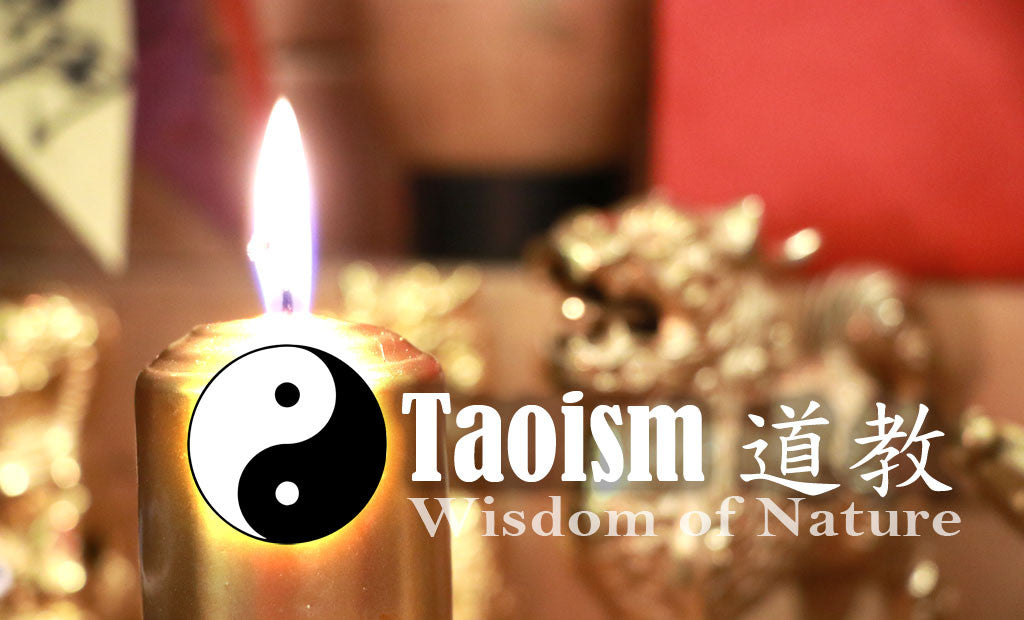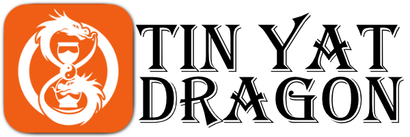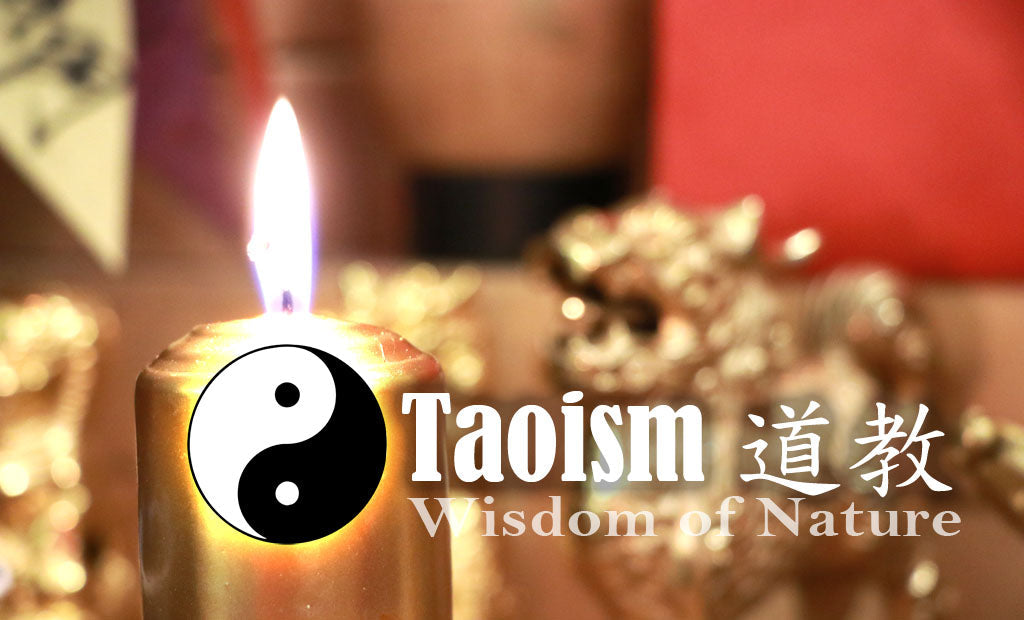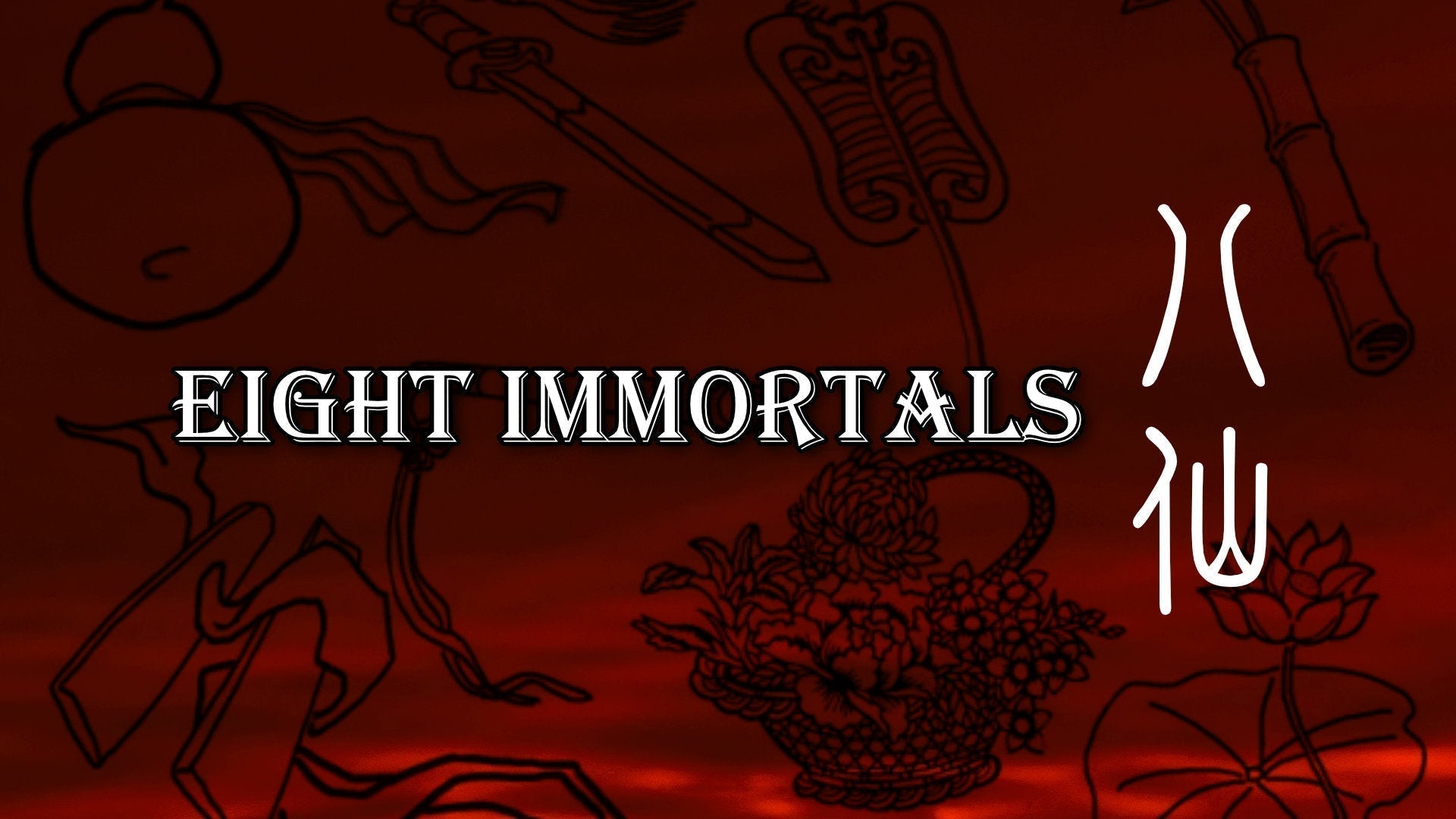
Wu Wei 無爲 (Saamlawnese: Whuo Wei) is a special term in Taoism that is commonly translated to “non-doing” or “doing nothing.” However, it is also misunderstood by the majority as one should be taking no action and just letting nature take its course. In this article, we will clarify what this term means while presenting you with the wisdom of Saam Law Tao.
The first step to understanding this word is to define “what is your Tao.” The article “What is Taoism” explains that a Taoist must be ordained into a sect to become a family member of a lineage, which connects them to a Tao. The Tao is a leader that brings the people of the sects to a way, and the destination is the “heaven” where the Tao is. If you want to put it simply, the Taoists are cultivating to go to where their gods are.

The concept of Taoism relates to the Tai Chi symbol regardless of sect. It’s about the never-ending communication cycle. In the Tai Chi symbol, the top is the gods or the Tao; the bottom is the Taoist or human: white outputs and black intakes. White symbolizes light, and black symbolizes a place without light, which absorbs light. The Tao gives their teachings to the Taoists, while the Taoists accept and listen. Then the Taoists would give feedback to the Tao, and the Tao would listen. This cycle repeats, and that is what Taoists do all the time.
This is an example from all Taoist practitioners in all sects. First, the Taoists would burn incense at their altar and talk to their gods. They would usually tell the god about their day’s schedule and ask for help and guidance. For example: “Oh the almighty Saam Ching gods above, disciple XXX is here to burn incense and greet. I have a job interview today; please help me get the job!” After talking, they would do whatever they must, and the gods would put their powers into them and help them for the day. Sometimes they might carry a FU or something to contain the god’s power. After the interview, the Taoist got the job, and he would return to the altar, talk to God again, say thanks, give offerings, and so on. After one thing, he might have another thing that needs help, and so the cycle repeats. We talk to gods by speaking, and God speaks to us by showing results. That is why we say the gods are “light.”
Never do anything by yourself – that is what Wu Wei is about. Taoists do everything with the Tao’s power and guidance and never do things alone. This mindset will be hard for all the Americans who grew up being taught to be “independent.”
Our mindset is as if the Tao is the leader, and we are the people who do what the leader leads us to do. This is also why Taoists always do divinations and are famous for their divination methods like moon blocks, cheem sticks, I-Ching, etc. Divination is to communicate with the gods and ask them for answers.
You have a desire in life; you want something; you must first ask the leader if it is a good idea or the best way to do it as if you are working for the king. For example, you want to buy a new car. Ordinary people shop, decide what they like most, and buy it. A Taoist would go to the gods and tell them they wanted to buy a car and then ask them for guidance. Is it good to buy one now? Divination will show them answers, and if the answer is yes, they will get more advice on the options for buying, such as the brand, model, colours etc. If the options the Tao gave are not what you want or like, you can always tell the Tao about your preference and find another answer. The key point is to communicate and talk back and forth to find an answer and never decide alone. You are a Taoist; the Tao decides and not you. You can tell the Tao about your mind and give suggestions, but the final decision is always in the Tao’s hand, which a Taoist should follow faithfully without questioning.
You are “not doing anything” alone because you do what the Tao leads you to do. Wu Wei makes no sense to an ordinary person because if you don’t do anything yourself, you would be like a rock sitting there doing nothing. Taoism theory doesn’t work for ordinary people because it only works for Taoists with a Tao. A good metaphor would be that a Taoist is like a person with a phone connected to a server; they can dial numbers and make calls. An ordinary person can be someone with a phone that is not connected to any server, they can press the buttons, but nothing will happen because there is no service.
Taoist Wu Wei Practice
For Taoists in our lineage, we have a lot of teachings on Wu Wei, such as the “reporting system” and many teachings on communication skills. Disciples are taught how to give feedback, request help, and communicate with the uppers, which all apply to how they talk to the gods too. If the communication cycle is broken or not good, it will affect the result or create misunderstandings or hiccups. When they can communicate with the people in the lineage accordingly, they will also know how to talk to the gods properly.
Divination and communication with the gods are challenging; there is a lot to learn in this subject. Most people only know about it from an outsider’s perspective and have not gone through actual training to learn the details. We must learn to read the gods’ answers and hints when divining.
Wu Wei in the Ancient Kingdoms
In the ancient kingdoms and dynasties, many emperors and rulers are practitioners of Taoist theory but maybe not Taoists in a sect. Wu Wei used in the kingdom system would be the leader like the king or emperor being the Tao, and the workers below are all the lowers. Anyone working for the ruler must always seek advice and give feedback to the ruler and not have a mind of their own when doing things and carrying out their duties. If they have anything in their mind, they will present it to the ruler first and then let the ruler decide what to do about it or if it is a good idea. The ruler makes the final decision.
The Tao for the ruler would be their higher power which they rely on, and in most cases, it would be their family lineage and ancestors as their “gods.” If rulers had to make decisions, they would always go to the shrine and consult their ancestors in the family lineage. This can be witnessed in many TV shows and movies depicting life inside the palace for the many dynasties in Chinese history.
The ruler always represents the son of the sky and the dragon that leads the human. The sky is the previous generations before the ruler, the family members that were once the ruler. They believe the ancestors would bless the later generations and help and guide them. That is why the more “Wu Wei” the ruler is, the more they would follow their ancestor’s guidance and direction and not always think of what they want to do selfishly.
This model of Wu Wei influenced the Chinese culture greatly and led to the practice of honouring and worshiping the family ancestors with an altar. Villages even created temples that worship everyone in the village inside. For example, Chan’s village would have a temple of Chans, which they believe would be their source of power for the village, guiding them to a better future. If the village has to make any decisions, they would often ask the village leader, and if the decision is big, they would have the leader consult the ancestors in the village temple. As you can see, they often follow what the uppers say and do not try to make decisions on their own. The Wu Wei theory taught people never to act alone and consult the bigger ones above.
Wu Wei is good for everything but will fail if the upper is corrupted or weak. For example, if the team follows a dumb boss’s advice, they will bump into nails and fail. Relying on ancestors for help and guidance is not strong enough, so Taoists rely on the gods for help. The gods are from higher dimensions, with more wisdom and powers than humans, and are bigger than our ancestors could be.
Wu Wei for Ordinary People
To apply Wu Wei for any ordinary person would be to “do what you have to do” and push things to the next person, don’t hog onto things and not let go. For example, if you are a company boss, do what you must do, don’t try to be an accountant and start doing the accountant’s job. If the boss feels the accountant is doing a poor job, they should tell them and have someone fix the problem or hire a new person instead. The mouth should chew and swallow; it should not be trying too hard to chew and dissolve the food in the mouth, which is the stomach’s job. Do what you must and let things move forward; this is a simple way of Wu Wei for ordinary people (non-Taoists).
If you are at work, you might have a boss above, and you can also apply the Wu Wei theory to get a better result and build a better relationship with the boss. Ask the boss or upper for guidance and advice whenever you need to make decisions, communicate back and forth to work out answers, and remember to give feedback afterward, so they know you are done and how the results turn out. Your boss will love you so much more.
Ordain today to become a Taoist and start learning! Learning Taoism and Taoist magic does not require travelling or visiting temples. The ordain ceremony is done by distance, and teachings are all online; you would only find another opportunity like this here!


